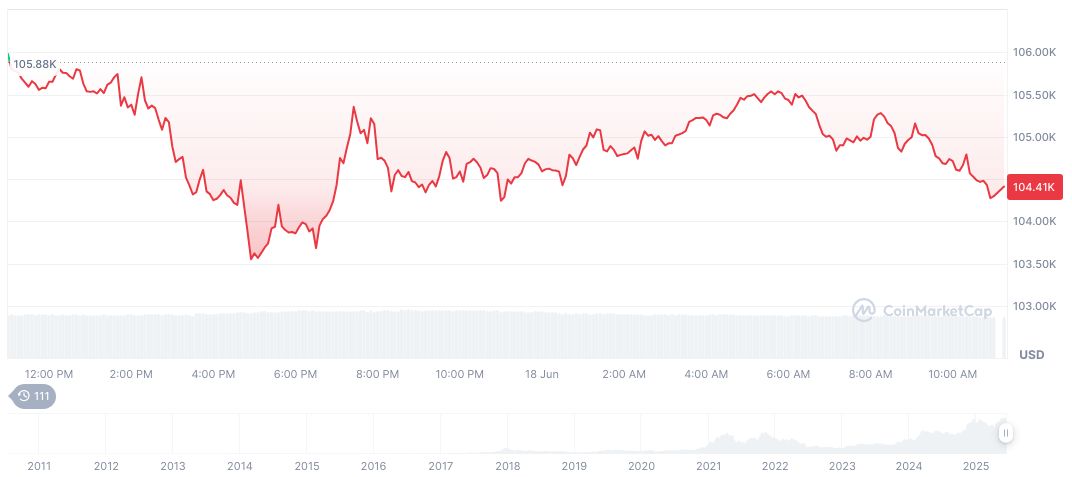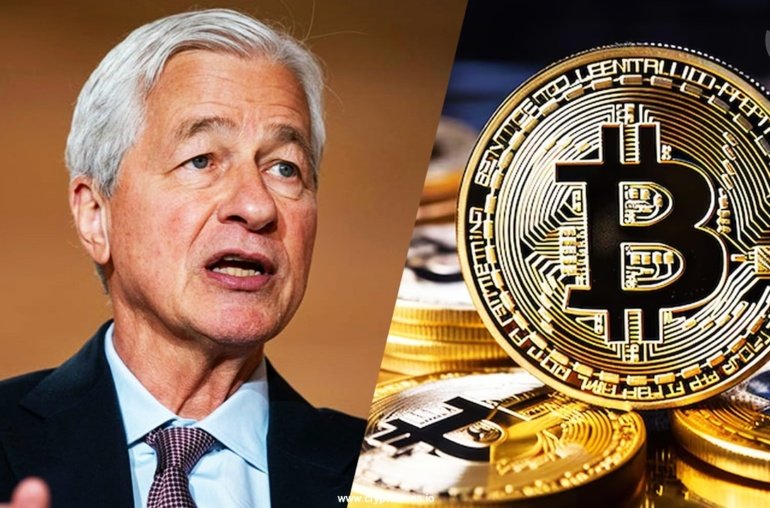Federal Reserve Chairman Jerome Powell announced on June 18, 2025, that tariffs imposed by the Trump administration will drive inflation in goods prices as they affect the supply chain this summer. Powell’s statement highlights potential macroeconomic challenges, as detailed in the FOMC Press Conference Highlights – June 2025.
This announcement emphasizes the trickle-down effect of tariffs on consumer prices and its broader implications. Although inflation may surge, crypto markets have shown no immediate response as of now.
Inflation Risks Highlight Need for Policy Adaptation
Federal Reserve Chairman Jerome Powell has warned of impending inflationary pressures as Trump-era tariffs affect consumer goods pricing through supply chains. Powell’s statement during the June 18 press conference highlights the anticipated inflation in consumer prices by mid-2025. As Powell noted, “It takes some time for tariffs to work their way through the chain of distribution to the end consumers. Ultimately, the cost of the tariff has to be paid, and some of it will fall on the end consumer.”
The Federal Reserve estimates that inflation will surpass its 2% target, leading to a revised forecast from 2.7% to 3.0% by the end of 2025. The Federal Open Market Committee (FOMC) decided to maintain interest rates, prioritizing the need for more data on inflation’s impact on consumer sentiment and business activity.
Market and community responses indicate caution, with Powell asserting that learning from upcoming months is critical for decisive policymaking. While no significant crypto market changes were immediately noted, historical trends suggest such macroeconomic signals may eventually influence digital assets.
Did you know?
Did you know? Prior tariff rounds in 2018 led to delayed price hikes, impacting consumer goods like electronics. This pattern is notable in the current inflation scenario as past data reveals similar economic responses.
CoinMarketCap data reveals Bitcoin (BTC) is currently priced at $105,187.72, with a market cap of $2.09 trillion. The last 24 hours saw a 0.42% gain, although it’s down 3.18% over the past week. Trading volumes are down by 12.58%, suggesting cautious investor sentiment during uncertain macroeconomic conditions.

The Coincu research team points out that ongoing tariff-induced inflation could lead to broader economic uncertainties that might extend to the crypto world. Historical analysis suggests that in the face of rising inflation, diversified investment in decentralized assets like Bitcoin could offer a hedge, although concrete shifts aren’t yet evident.




